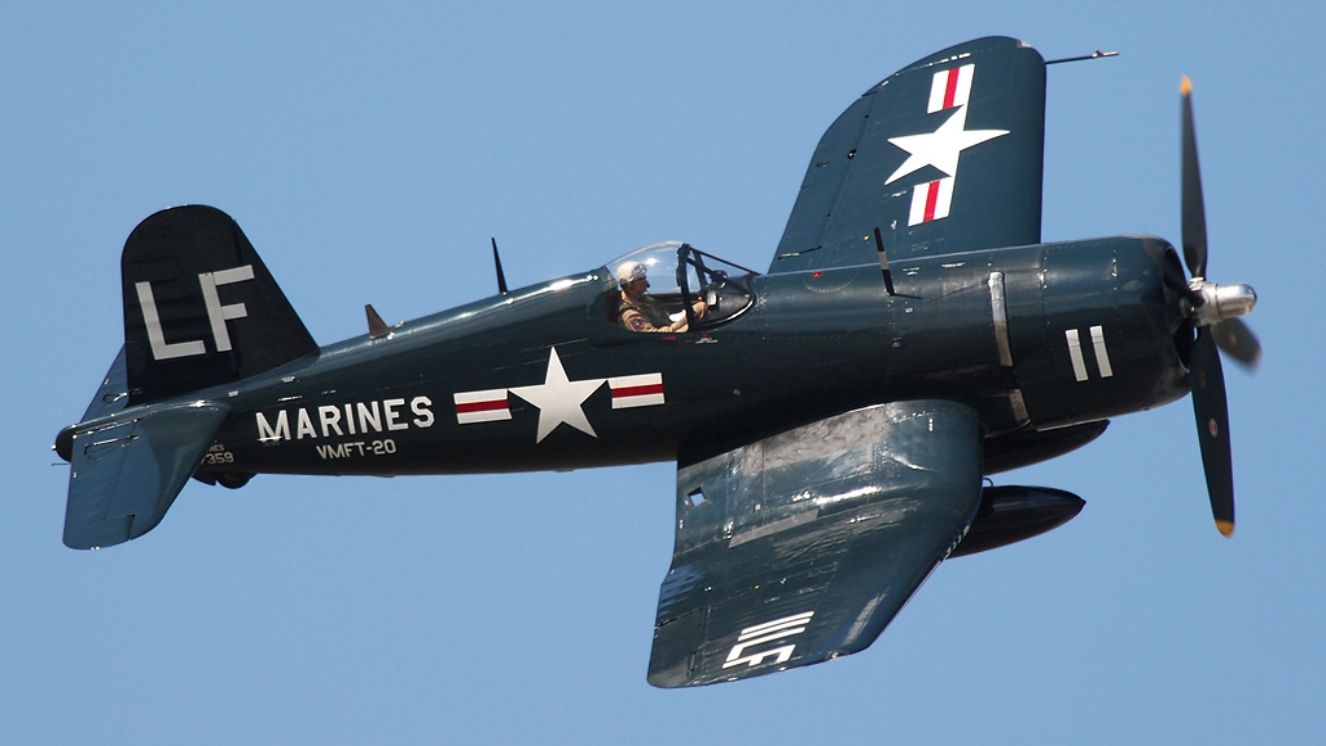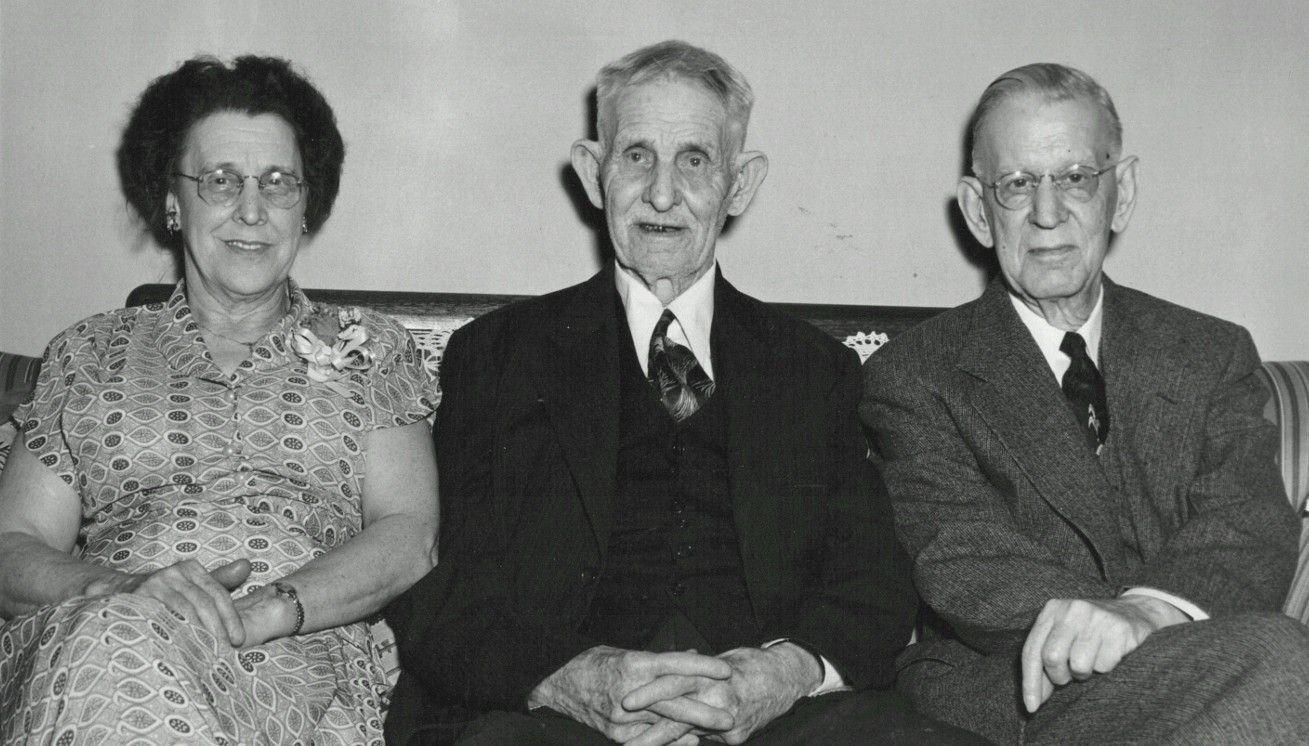THE Q COLLAR IS POISED TO HELP REDUCE TBI IN SPORTS AND THE MILITARY
COMMENT
SHARE

Over the last few decades, the way we look at traumatic brain injury (TBI) and all head-related injuries has evolved greatly. The Q-Collar is looking to help reduce the damage to those at risk. In the military, health hazards come with the territory. The same goes for athletes. While using a Q-Collar in football is more likely to help a running back survive a harsh tackle from a linebacker than a Soldier dealing with the damage stemming from blast exposure and repetitive gunfire, the idea is still the same. Below, we’re looking at how the Q-Collar works along with the pushback it’s receiving. Suggested read: Jonny Kim: Meet the Astronaut, Former SEAL, and Aviator
What Is a Q Collar?
The Q-Collar is a device from Q30 Innovations. It applies 1.5 lbs of pressure on the internal jugular vein of the wearer. By doing so, this reduces blood outflow from the brain by approximately 20%. This pressure prevents the brain from moving within the skull, mitigating the risk of concussions, which often result from the brain colliding with the skull's interior. The Q-Collar NFL usage has been around for years with an increase in popularity recently. The research found in a 2017 study approved by the Walter Reed National Military Medical Center, Protection against Blast-Induced Traumatic Brain Injury by Increase in Brain Volume, confirmed the efficacy of jugular vein compression in protecting against blast-induced TBI by increasing brain volume. For these reasons and more, there is a potential application for the American Armed Forces. The Q-Collar is still undergoing research, which is leading to some disputes about the device’s effectiveness. Despite Q30’s CEO Tom Hoey highlighting U.S. Department of Defense (DoD) research and promise, skepticism remains. Military interest persists but it’s clear that not all experts are ready to sign off on the device as a total solution. Related read: TMS Therapy Aids Military Members Suffering From PTSD & Depression
Not Everyone Is Convinced
For football, the Q-Collar could help limit the effects of hits in practice and games for the betterment of players of all ages. In the military, it could help prevent TBI. Yet, some experts aren’t quite convinced. How effective the Q-Collar is and the fact that research is ongoing has experts questioning the current research's physiological foundation. Professor Martha Shenton at Harvard’s Brigham and Women’s Hospital has reviewed FDA findings for the New York Times regarding Q30's data interpretation. She has also raised concerns about the imaging technology. The collar is still being examined with studies involving the U.S. Army and Emory University being recent examples. Q30 Innovations' Q-Collar, FDA-approved to mitigate repetitive concussive impacts, underwent a recent study in partnership with Army researchers and Emory University. Q30 Innovations also collaborated with members of the Cincinnati SWAT Team members to study the device during explosives training. Functional magnetic resonance imaging revealed that individuals wearing the collar maintained consistent scans, while those without did not. With explosives training exposing individuals to various impacts and sub-concussive events, modifying training or facilities entirely is challenging. Retired Army Sgt. 1st Class Jon Johnson emphasized the necessity of firing weapons and the need to mitigate brain trauma exposure effectively. Q-Collar side effects could potentially involve the risk of passing out or provide a false sense of protection when, say, out on the lacrosse field. Still, the early findings show that the benefits seem to outweigh such risk. Thus, the device is still of interest for quarterbacks and warfighters alike.
How Much Is the Q Collar?
A Q-Collar will run you around $199 online. You can tack on another $14.99 if you want a specific sleeve. While you’ll want to speak with your medical team and trainers before deciding, and this article should not be misconstrued as medical advice, the potential to protect your brain is an exciting prospect no matter the application. Read next: Ibogaine Findings by Stanford University Show Promise for Veterans
Join the Conversation
BY BUDDY BLOUIN
Buddy Blouin is a Contributing Writer at VeteranLife.com
Buddy Blouin is a Contributing Writer at VeteranLife.com



